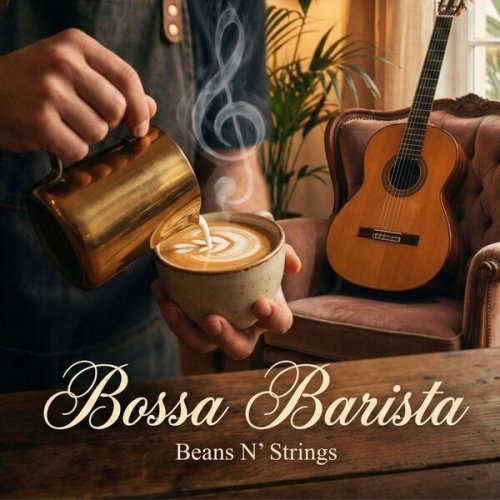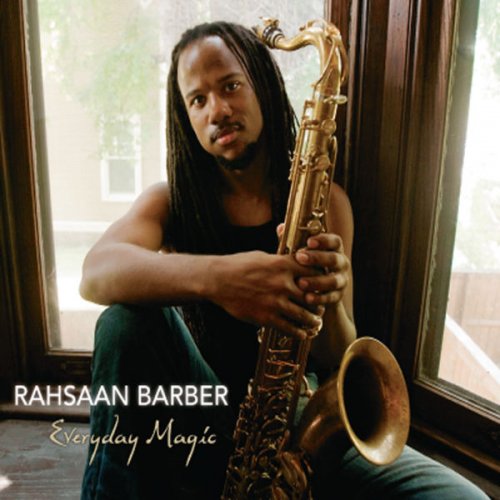Artist:
Antonio Gavrila, Walter Castro, Quique Sinesi, Horacio Hurtado, Horacio “Mono” Hurtado
Title:
Tango Suite Buenos Aires
Year Of Release:
2023
Label:
Zoho Music
Genre:
Jazz
Quality:
FLAC (tracks)
Total Time: 32:44
Total Size: 154 MB
WebSite:
Album Preview
Tracklist:1. Michelangelo 70 (feat. Walter Castro, Quique Sinesi & Horacio "Mono" Hurtado) (03:23)
2. Introducción al Ángel (feat. Walter Castro, Quique Sinesi & Horacio "Mono" Hurtado) (04:43)
3. Prelude en la Noche (feat. Walter Castro, Quique Sinesi & Horacio "Mono" Hurtado) (05:06)
4. Amor Sin Palabras (feat. Walter Castro, Quique Sinesi & Horacio "Mono" Hurtado) (04:45)
5. Tango Suite Buenos Aires, Pt. I: Tristeza (feat. Walter Castro, Quique Sinesi & Horacio "Mono" Hurtado) (01:59)
6. Tango Suite Buenos Aires, Pt. II: Nuevos Tiempos (feat. Walter Castro, Quique Sinesi & Horacio "Mono" Hurtado) (04:12)
7. Tango Suite Buenos Aires, Pt. III: Nostálgico (feat. Walter Castro, Quique Sinesi & Horacio "Mono" Hurtado) (03:39)
8. Tango Suite Buenos Aires, Pt. IV: Todo Piazzolla (feat. Walter Castro, Quique Sinesi & Horacio "Mono" Hurtado) (04:54)
Personnel:Antonio Gavrila - piano
Walther Castro - bandoneon
Quique Sinesi - guitar
Horacio “Mono” Hurtado - bass
If Nuevo Tango, as Buenos Aires-born composer Astor Piazzolla originally envisioned it, is at the confluence of where jazz meets baroque, Romanian-born pianist-composer Antonio Gavrila is the latest gifted exponent to pick up that mantle. In order to understand the passionate intensity behind the 27-year-old Bucharest native’s Tango Suite Buenos Aires, his auspicious debut on the ZOHO label, one must understand the music of Piazzolla, the profoundly influential Argentinian composer who was both put on a pedestal for revolutionizing the tango and assailed as “the tango assassin” during his lifetime.
Piazzolla, who died in 1992, rewrote the rules of tango in the late ‘50s, first with his Octeto Buenos Aires, which featured two bandoneons, two violins, bass, cello, piano and guitar, and later with his Jazz Tango Quintet. His brand of Nuevo Tango was distinct from the traditional tango in its incorporation of elements of jazz, its frequent use of counterpoint, extended harmonies and dissonance, chromaticism, ambiguous tonality, pedal tones and meter changes. He also introduced new instruments that were not previously used in traditional tango music, including flute, saxophone, electric guitar and in the late 1970s a full drum kit, all of which confounded and upset dyed-in-the-wool tango audiences.
“Piazzolla is a daily inspiration for me,” Gavrila said. “And not only musically but also as a person as well. I learned things about his personality, his very strong character and the confidence he had in his music, and that affected me too. But I am addicted to his music. From an early age I was attracted to musical freedom and these things definitely won me over in Piazzolla’s Nuevo Tango. It is the kind of music with a great openness to new things, inner things. As I like to say, tango cannot exist without fantasy.”
But Gavrila’s musical roots go back even further than his discovery of Piazzolla’s music. His own late grandfather, Nelu Ploiesteanu, a popular Romanian singer who recorded over 30 albums during his career, before passing from COVID in 2021 at age 70, was a major inspiration as well. “My grandfather was a very famous gipsy singer and accordion player in our country. After the second world war, many Romanian musicians brought tangos to Eastern Europe. I listened a lot when I was child, and after my academic years I started to study Piazzolla very much. And his music greatly affected me because it sounded familiar. Piazzolla’s harmony was something very personal for me because I grew up with that kind of harmony and that style of improvisation.” (Poliesteanu’s lyrical, ethereal crooning is well documented on YouTube).
Gavrila opens this heartfelt tribute to the spirit of Nuevo Tango with an interpretation of the maestro’s dynamic Michelangelo 70, written in honor of a nightclub in Buenos Aires where Piazzolla often played. Following an opening solo piano flurry, the band jumps on the kinetic and signature 3-3-2 pulse that defined Nuevo Tango, with Quique Sinesi’s adept guitar lines playing counterpoint to the driving bandoneon of Walther Castro and the grounded lines of contrabassist Horacio “Mono” Hurtado. Gavrila contributes a glistening piano solo on this composition that Piazzolla premiered on his 1969 album, Adios Nonino, whose title track is a moving tribute to his father Vicente, nicknamed “Nonino,” who passed that year. Said Antonio, “‘Michelangelo 70’ had an impact on me from the first time I heard it. Piazzolla gives you a special freedom to express yourself in this tune.”
Introducción Al Angel, from a theatrical piece that Piazzolla scored in 1962, is rendered here with a deliberate, patient approach while conveying a tinge of melancholy in the mournful melody carried by Castro’s bandoneon. Midway through, it picks up speed in the tight unisons between guitar and piano as the bandoneon dances around their lines in contrapuntal fashion. The piece ultimately returns to the slow, thoughtfully introspective mode of the opening while the bandoneon improvises in call-and-response exchanges with guitar at the tag. Said Gavrila, “This tune is an extraordinary example of counterpoint. Of course, Bach had a very important role in Piazzolla’s music. We all know that his teacher in Paris, Nadia Boulanger, like all the great pedagogues, composers and arrangers of the 20th century, studied baroque music with strictness and admiration, especially the great Bach. And she imparted those lessons to Piazzolla.”
Marcelo Rodriguez Scilla’s cinematic Preludio en la Noche traces the steps of a citizen of Buenos Aires walking through a lonely suburb at night, heading toward the bustling big city. Bassist Hurtado successfully captures the deliberate strides of the man, augmented by Gavrila’s piano bass lines. The piece gradually picks up energy, eventually going into a double-time pace with the guitar playing rapid 16th notes alongside the invigorating 3-3-2 cadence. Said Gavrila, “The 3-3-2 rhythm is thought to originate in Africa and have come to Buenos Aires through Cuba, similar to the habanera. Of course, Piazzolla is the master of 3-3-2.” By the end of this exhilarating piece, with bandoneon and piano locked into intense unisons, guitarist Sinesi is fairly wailing.
The remainder of Tango Suite Buenos Aires consists of Gavrila originals, all inspired by either Piazzolla or the great Argentinian pianist-composer Pablo Ziegler, who played for 12 years in Astor’s quintet. He calls the gently nostalgic B minor melody Amor sin Palabras (“Love Without Words”) “a conversation between me and my soul.” Antonio’s beautiful piano solo here is sparse and delicate while Sinesi follows with a warm-toned guitar solo and Castro adds a touching bandoneon solo before the three independent voices become gracefully woven into the fabric of the poignant song.
The centerpiece of the album is Gavrila’s Tango Suite Buenos Aires, inspired by Piazzolla’s “Angel Suite.” As he explained, “Each piece represents a picture of everything I saw and experienced in Buenos Aires while recording the album there.” It opens with Tristeza (“Sadness”), a thoughtful solo piano cadenza composed in the tradition of Piazzolla and his admiration for the circle of fifths.
That brief cadenza leads into the first movement of the suite, Nuevos Tiempos, a full band arrangement involving some intricate counterpoint between piano and the unison lines between bandoneon and guitar. Said the composer, “It represents my musical rebirth. After 15 years of study in the classical tradition along with all the experiences and emotions of those times, I was reborn through tango.” Gavrila delivers what is perhaps his jazziest solo on the recording midway through against Hurtado’s steady, jazz-style “walking” bass lines before piano, bandoneon and guitar engage in an animated fugue, leading to a dramatic finish.
That same melodic theme from “Nuevos Tiempos” carries over to the second movement, Nostalgico. Said the composer, “I was deeply touched and influenced by the main theme from Piazzolla’s ‘La Camorra’ (the three-movement suite from the 1989 American Clave album La Camorra: La Soledad de la Provocacion Apasiona — the very first Piazzolla album that Gavrila listened to and the last recording made by Piazzolla’s New Tango Quintet). “It’s definitely a piece that marked me.” He added, “The second movement represents the difficult period I went through with the loss of my grandfather. Both he and my father were the people who truly believed in my talent.”
“Suite Buenos Aires” concludes with the third movement Todo Piazzolla, a driving number in the maestro’s signature 3-3-2 cadence that concludes in dramatic fashion. “This is my thanks to the great Astor,” he said. “Through his music, I was reborn.”
Gavrila’s first CD release was 2021’s The Voice of the Soul, a solo piano tribute to his role models Piazzolla and Pablo Ziegler, released the same year he was also a finalist in the Piazzolla Piano Competition. His second CD release and ZOHO debut showcases him fronting a crew of Buenos Aires-based tango veterans in Castro, Sinesi and Hurtado, all of whom played in Ziegler’s group over the years. The Bucharest-born pianist’s deep understanding and passionate command of this idiom permeates all eight tracks of Tango Suite Buenos Aires, heralding the arrival of a brilliant new voice in Nuevo Tango. — Bill Milkowski
Thanks to my family for all trust and support given in my process of following my dream. Thank my sponsor, Dr. Andrei Stamate, for all his trust and contribution. Thanks to my producer/arranger maestro Marcelo Rodriguez Scilla for his professionalism.Thanks my idol Master Pablo Ziegler for the inspiration he gives me every day. I am grateful for this brilliant trio that I have listened to since my first contact with Nuevo Tango.Thank you to Walther Castro, Quique Sinesi and Horacio "Mono" Hurtado, dear friends and musical partners! -- Antonio Gavrila
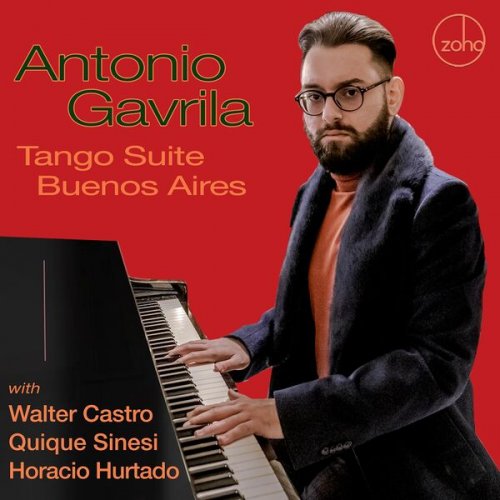

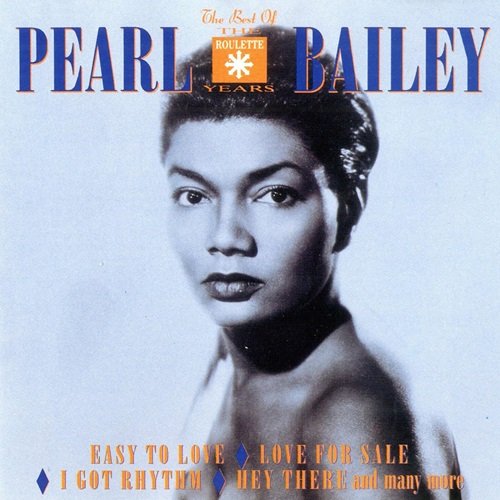
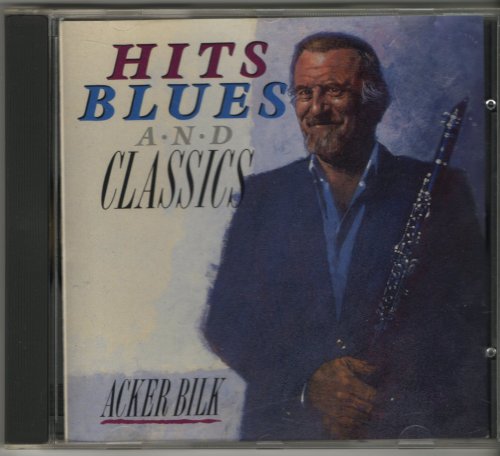
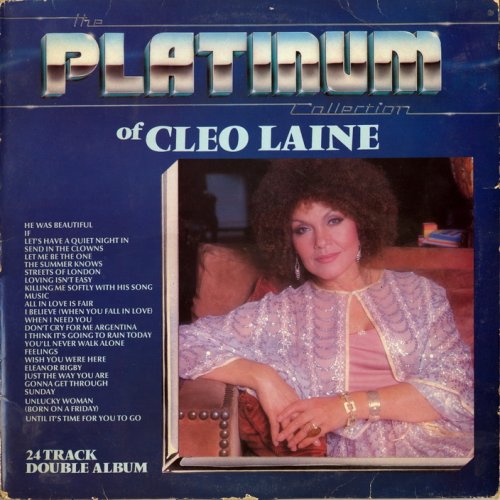
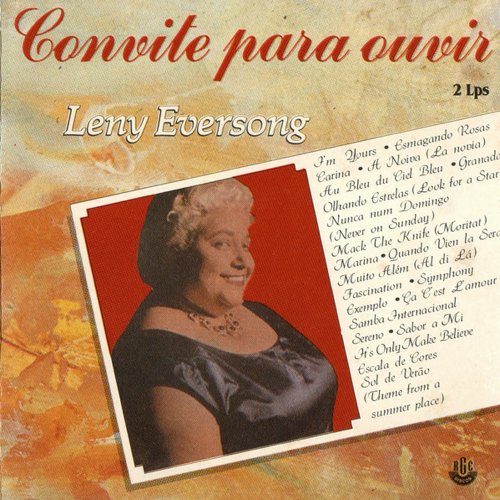
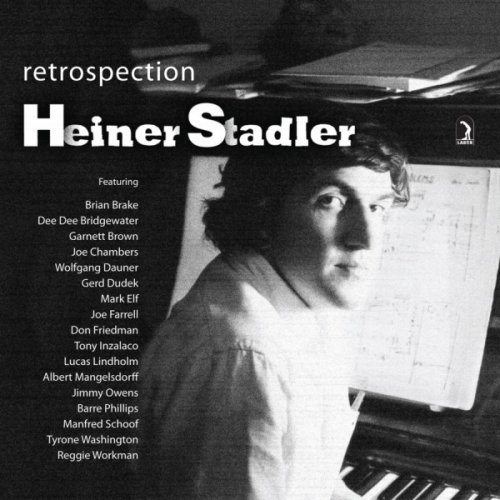
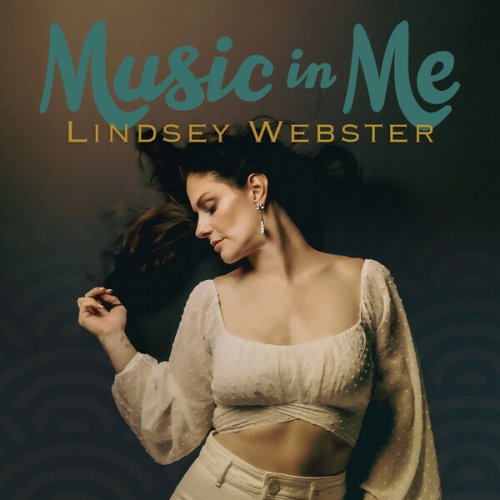
![VA - From the Archive Vol. 3... compiled by Volcov (2026) [Hi-Res] VA - From the Archive Vol. 3... compiled by Volcov (2026) [Hi-Res]](https://www.dibpic.com/uploads/posts/2026-02/1772033794_a3743742618_10.jpg)
